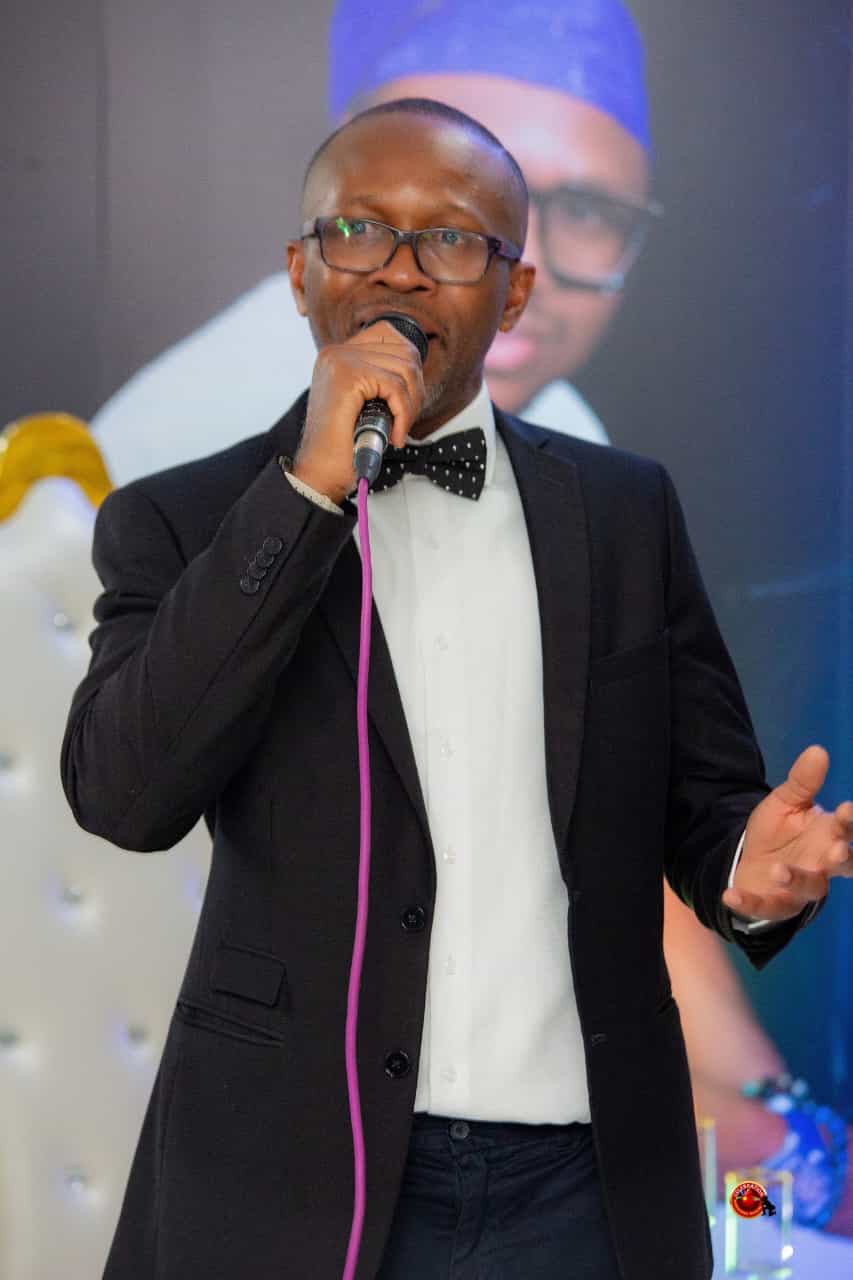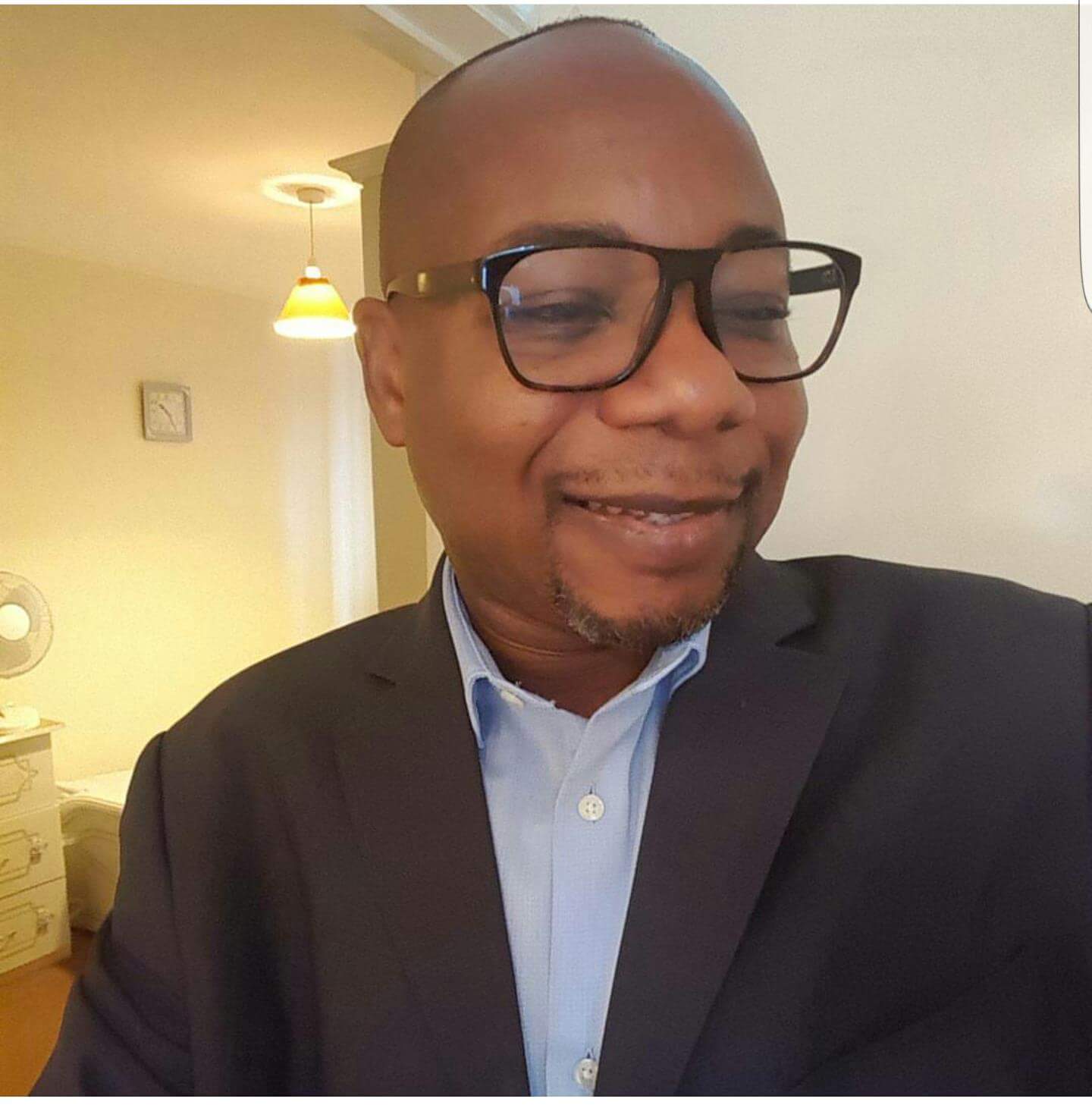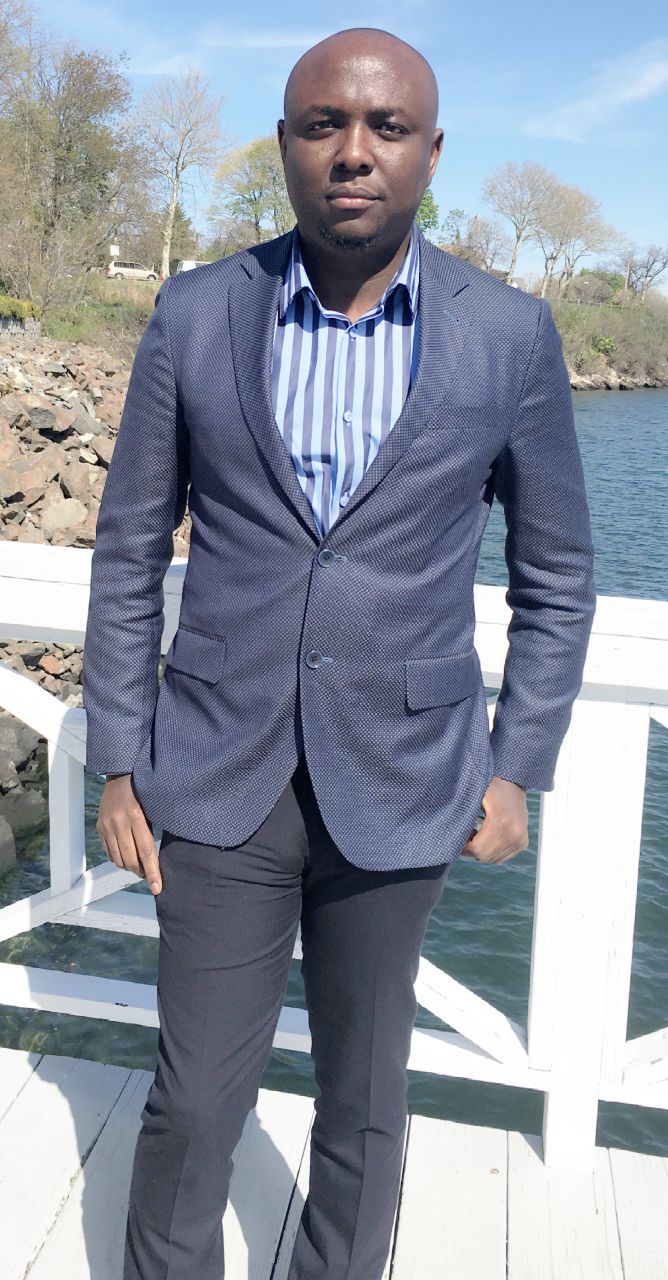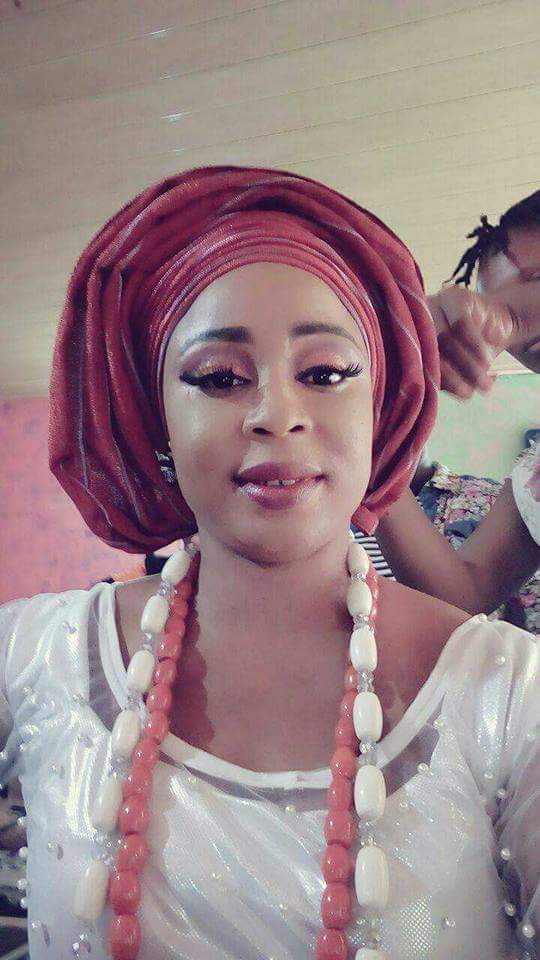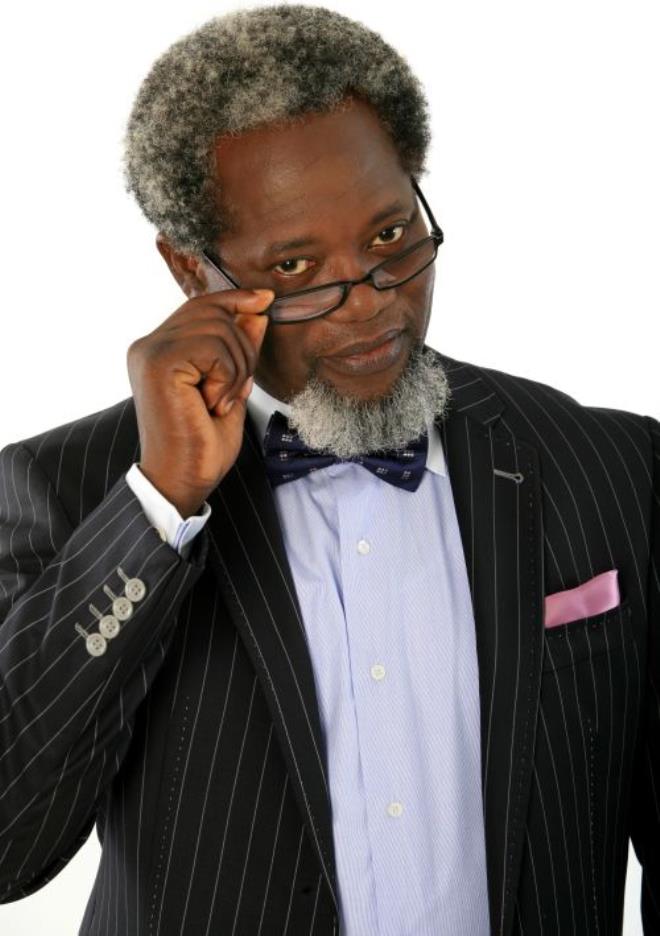THE SECRET BEHIND MY RELEVANCE – UK-Based juju musician; Tosin Harmony
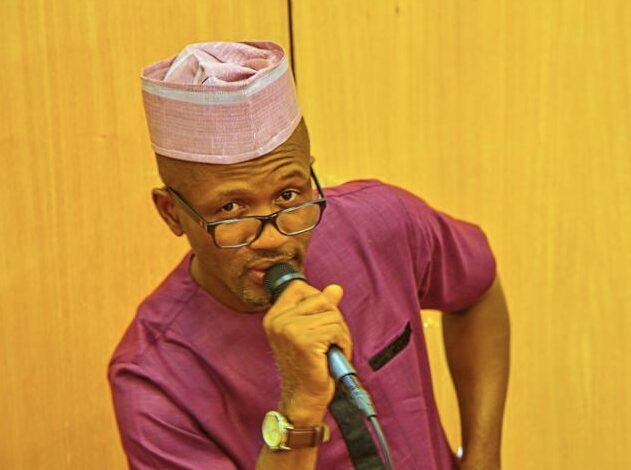
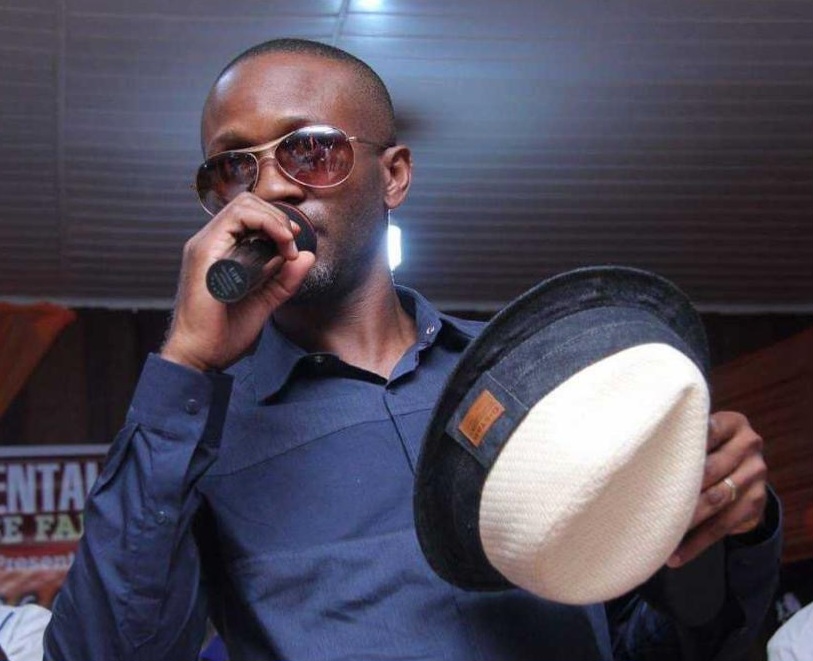
United Kingdom based Timothy Oluwole Oluwatosin Ayodele-Ekemode popularly known as Tosin Harmony (Lelefe King), who others refer to as Mr Shalom is a native of Ijebu-jesha, in Osun State, Nigeria.
In this interview with www.osuncitizen.com’s Dotun Olanibi, this calm, and easy going distinguished Osun Citizen, and of course, one of the most popular wave making artistes in the diaspora talks about himself, career, challenges, how he has remained relevant over the years, aspiration, and many more.
Enjoy reading.
Some people know you as Tosin Harmony, others know you as Lelefe King, please can you make a brief introduction of yourself ?
I was born to CAC church in Ibadan, Oyo State, Nigeria where my late Parents were Pastors. That gave me the privilege to follow my big sister to Choir rehearsals at my tender age (let’s say like 5-year-old) before I was able to join the Choir as a full member.
I am married to my beautiful dark skin Ijebu jesha queen, with two lovely kids.
I studied Civil law at University of Lagos and University of Ibadan but never finished twice, due to music and some other reasons.
Then, I was also working as an Administrative Assistant at Odu’a Investment Company Limited, Cocoa House, Ibadan, and later rose to the position of Administrative Officer of one of its subsidiaries, O’net (Odu’atel) while doing my music at the same time.
I had National Diploma in Public Administration from The Polytechnic, Ibadan, and also studied Psychology at The London Metropolitan University, London, United Kingdom.
How did your career in music start?
As said earlier; after I joined the Choir I later became a professional drummer, and I had a stint working with the Veteran Lady Evangelist Funmi Aragbaiye, and also played for Late Evangelist Bayo Adegboyega.
So, as someone that has been in the choir at a tender age, and who also have two music legends in the family (extended) that were my late distant uncles, Late I K Dairo (MBE) and Orlando Julius Ekemode, the music wasn’t a barrier or a big deal to me.
Having someone like them gave me courage, before I decided to form my own band at NTC Road, Ibadan in 1994. We used to get some shows through my church choir named Salvation Choir whereby I lead the band. So, officially I started getting my own (personal) shows from around 1996.
Due to the fact that I listened to Sir Shina Peters (SSP) a lot, I now joined a band (through my friend Kayode Omilani) in the same year whereby the owner (named Homeboy Shina Kure, and now Evangelist) of the band sings more like Shina Peters.
If you listen to his live music without seeing him, you will think you are listening to SSP. He’s like a distant cousin to Witty Wale Thompson as well. So, I literally have a stint working with Wale Thompson too whenever he comes to Ibadan to sing because he had left for Lagos at some point, but I used to go to his shows at Acasia, Liberty Road then.
I also have a stint working with a musician then called Bayo Aya Rere who sang “Aya mi, iwo l’aya rere, e nib a l’aya rere ko to ju re. Emi ti ni temi ma to ju re, ko le dara fun o, ko le ba o ka’le”.
All these periods, I have had my own band but only go to their shows when I didn’t have bookings as an up and coming artiste. So, I learnt a lot during the period but as an apprentice. I learnt from their Strength and most especially their weaknesses, so these are some of the things that has really helped my own career since inception.
Why did you choose juju music over other genres of music?
I grew up to know late Uncle I K Dairo. My parents used to tell me about how they come to our house in the 60’s and early 70’s in Ibadan with my late uncle (my dad immediate younger brother, Uncle Jolly) who collaborated with I K Dairo and Uncle Guine Fasoyin, and took I K Dairo back to Ijebu jesha from Ibadan to reform the band and named it I K Dairo and the Blue Spot Band with nine founding members.
So, they used to have stopover in our house at Ibadan whenever they were travelling to England. Their passion for music, and the way they were making waves at the time as a family encouraged me and attracted my interest in it. That was how I was listening to his music and later Late Prince Adekunle as well. Then, later Sir Shina Peters. This blended me to Juju genre.
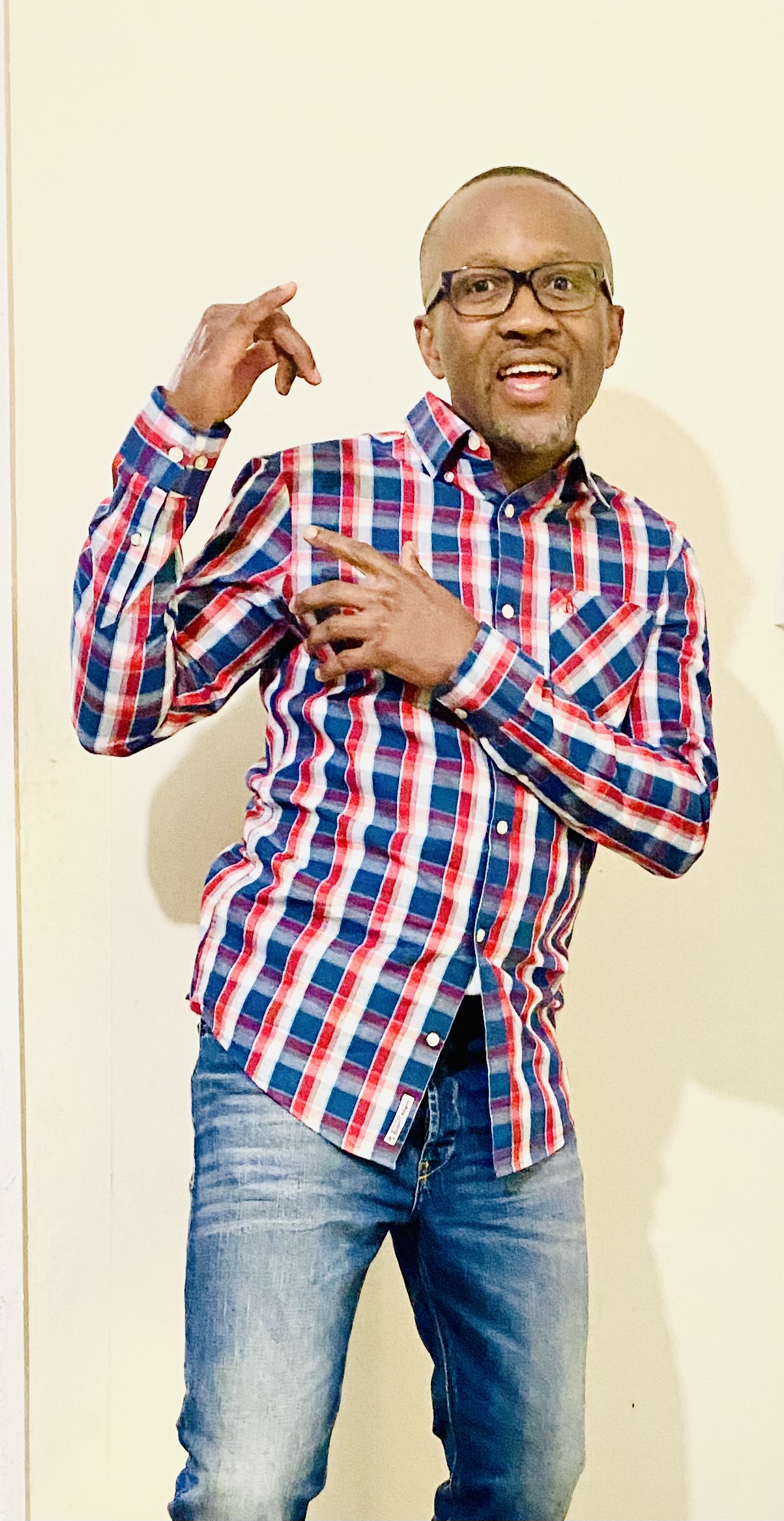
You’re one of the popular artistes known for indigenous Nigerian music in diaspora, how easy is that, and how do you carry your Nigerian fans back home along?
It’s not as easy as anyone could think of. My determination, passion and perseverance has really helped me in this manner. I met a lot of good juju musician in the game but my euphoria keeps me going because I know the in and out of Juju music which I choose without diluting it.
So, we have many more fans that love to listen to pure juju music. Though, these days a lot of musicians addressed themselves as Juju musicians, are in town singing many genres of music than the (core) juju musicians they addressed themselves as. So, this challenges have made someone like me to blend my music with some other fusion and genres like the Fuji, Afrobeat, Hip Hop to meet up with the standard.
The other question in this part is that I am not far from home (Nigeria). From ime to time, I visit Nigeria regularly. I give back to the community where I grew up. So, we always have bookings from Nigeria even despite the fact that there are many musicians out there.
We have bookings from Lagos to Ibadan, to Osun State, Ekiti State and Abuja. I still played during the present Administration inauguration in Abuja for some APC (Former Governor Oyetola’s caucus) members. Social media has also helped a lot these days. So, the more they see our works on social media, the more they remember us and book us for parties, shows and concerts in Nigeria. By God’s grace, we will be there in another one month from now.
In the many years of your career as a musician based in the UK, how have you been able to remain relevant?
It’s just as easy as alphabetical in order of A B C. I have my own style of music. Though, it was an incarnation of Afro Juju as founded by Sir Shina Peters but I tried as much to blend it with my own style of music that if my fans hear or listen to my music, they will definitely know “Oh! That is Tosin Harmony singing there”. So, for me staying true and through in that line makes me relevant in the Nigerian community in Diaspora to the extent that we have bookings from around the world all year through.

What are the challenges confronting Nigerian musicians based abroad?
I must say this for the first time: A lot of young musicians out there that felt the music is a lucrative business charges less than what is in the labour market. Then, you can’t ompare the music we do in this part of the world to what we do in Nigeria because of my experiences. I have had many years of experience playing full band (live omele, sekere, agogo, bata and all sort) but everything is just on the computer here. What is the reason for this? The cost implication is high that People (our fans) cannot afford the charges but some that genuinely love music sometimes request for it. Once we inform them of the cost implication, they will run away from it.
How have you been able to overcome these challenges?
Everyone has their policies. I have made up my mind that it is not necessary for me to go out every weekend, so people can see that I am busy. Once I am not able to get the charges required from the fans, I will prefer to stay at home than to be swept under carpet by the band members because they will collect their money in full and I understand them as they will pay their bills.
On the other hand, I have to blend with the omele on the computer by doing practice regularly and another avenue is whereby we have to play regularly at clubs, restaurants and lounges. We use this too as a form of rehearsals.
How many albums do you have at the moment, and can you please name them?
Literally, 2 but I can say 3 because the third one was released under my former choir (Salvation Choir) label. They are: Confirmation (OtiSeese), Lelefe (Jollytime) and Itura.
What’s your aspiration. What should your fans be expecting from you?
Not been proud but as an Elite in this world of Juju music, one of my plans is to become Music Consultant in the nearest future (I’m withholding the details for now ). The reason being that I am also an office boy who has HR with Project background. So, I know how to run office very well. I have working experience with many Consultants both locally (Odu’a Investment Company Limited) and internationally (National Health Service – NHS).
We’re also working on a project regarding what is going on in our country, Nigeria and around the world.
The inflation, the killings, the war among all. It would be released by the middle of the year by God’s grace.
Who are the artistes you look up to or the ones you see as role models?
My late Uncle I K Dairo, Sir Shina Peters and Wale Thompson.
Looking back, what makes you happy being a musician?
I thank God I have achieved a lot in this music. The recognition alone, and most especially the year I got an invitation from Canada (Abedorc Production annual award) through my egbons (Malio Entertainment, Segun Sky, and Lamzat) that I have been nominated as “The Most Outstanding Juju Musician in Diaspora”. I travelled all the way with my wife (some of my family members from the USA and Canda were present), and was also with one of my mentors, Wale Thompson holding award on the same platform. I was so overwhelmed because the Love was too much. That paved way and I got many more awards from Europe, UK and Nigeria as well.
These days, music is now very popular among youths, what’s your advise for these youngsters that are looking up to you?
It’s in 1 Timothy 6:10. They should try as much to go after their passion first and not money. Once they are ppersevere enough, go through the process, money will come in. It’s not a day job.
